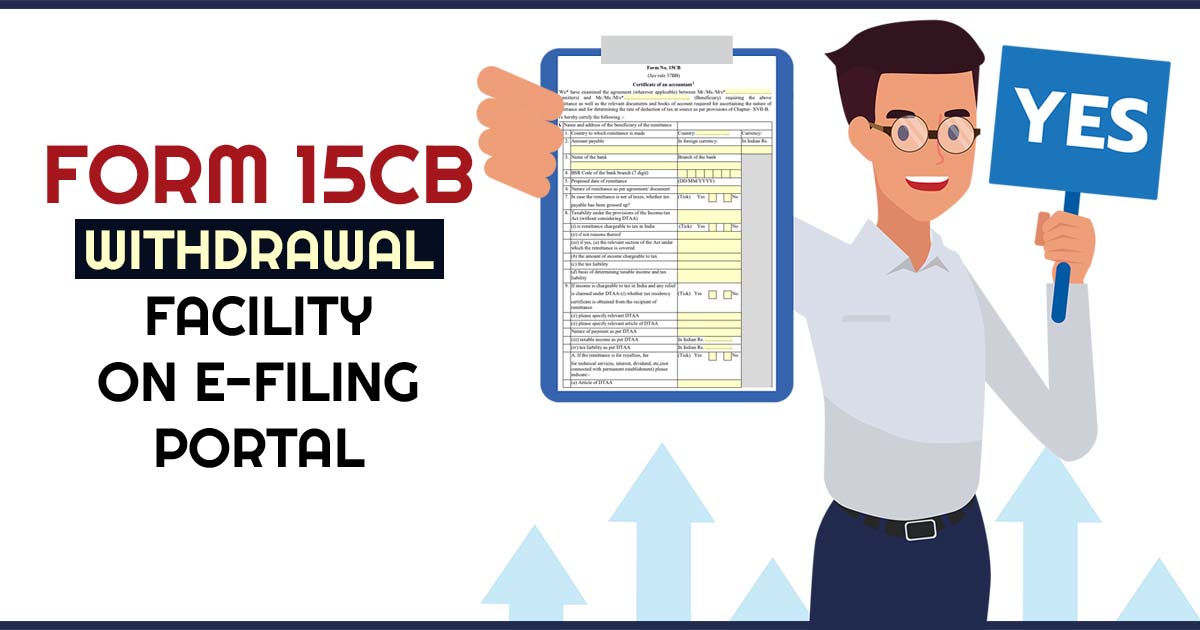No statutory dues certificate by Chartered Accountant?
No statutory dues certificate Understanding the Significance A ‘No Statutory Dues Certificate’ issued by a Chartered Accountant serves as a declaration that the company has met all its statutory obligations concerning taxes, duties, and other dues within the stipulated timelines. This certificate is not merely a formality but a rigorous assessment of financial records… Read More »









